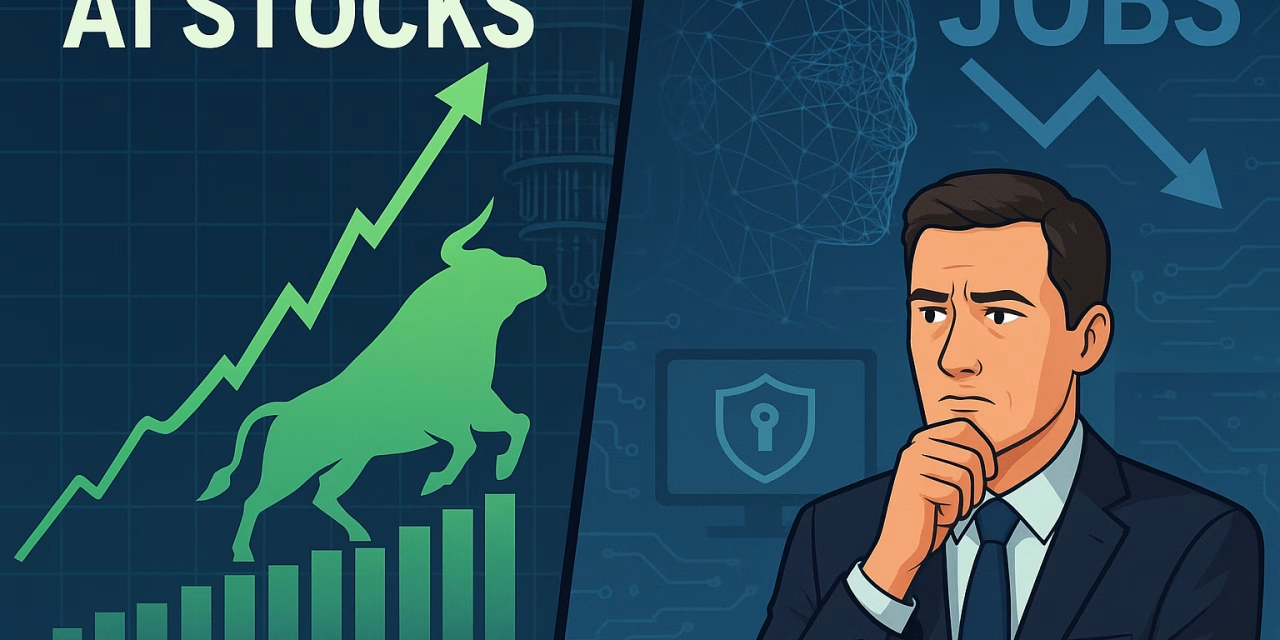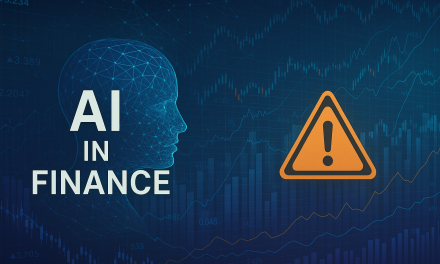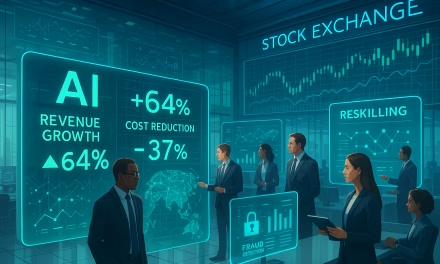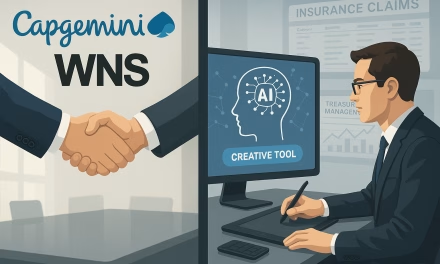July 5, 2025, showcases the complex and often contradictory dynamics of Artificial Intelligence in the financial sector, where strong investment opportunities and high adoption rates coexist with significant challenges in workforce transformation.
Investment in AI stocks remains robust, with record data center spending and expanding AI plans from major tech companies making multiple AI-focused companies attractive investments. This bullish outlook is fueled by the tangible benefits of AI, with 85% of financial services providers already using AI in some capacity for fraud detection, personalized client recommendations, and real-time market insights.
However, this rapid adoption is not without its consequences. Senior executives from major corporations, including JPMorgan, have warned that AI will trigger substantial cuts in white-collar jobs across finance, HR, and administrative functions. This underscores the urgent need for companies to focus on reskilling and digital transformation to prepare their workforce for a new era of AI-augmented roles.
The imperative for AI adoption is further emphasized by PwC’s Chief AI Officer, who warns that 40% of business models may not survive the next decade without embracing AI technology. This highlights the immense pressure on financial institutions to not just adopt AI, but to fundamentally transform their operations and strategies around it.
Adding another layer of complexity is the emergence of quantum-enhanced AI, which promises to revolutionize portfolio optimization and high-frequency trading strategies. While still in its early stages, this fusion of quantum computing and AI holds the potential to redefine predictive finance, creating both new opportunities and new challenges.
The developments on July 5, 2025, collectively illustrate that the financial sector is at a critical juncture. The AI financial frontier is characterized by a delicate balance between immense opportunity and significant disruption. The future of finance will be defined by how well institutions can navigate this complex landscape, harnessing the power of AI while managing the profound impact on their workforce and business models.





